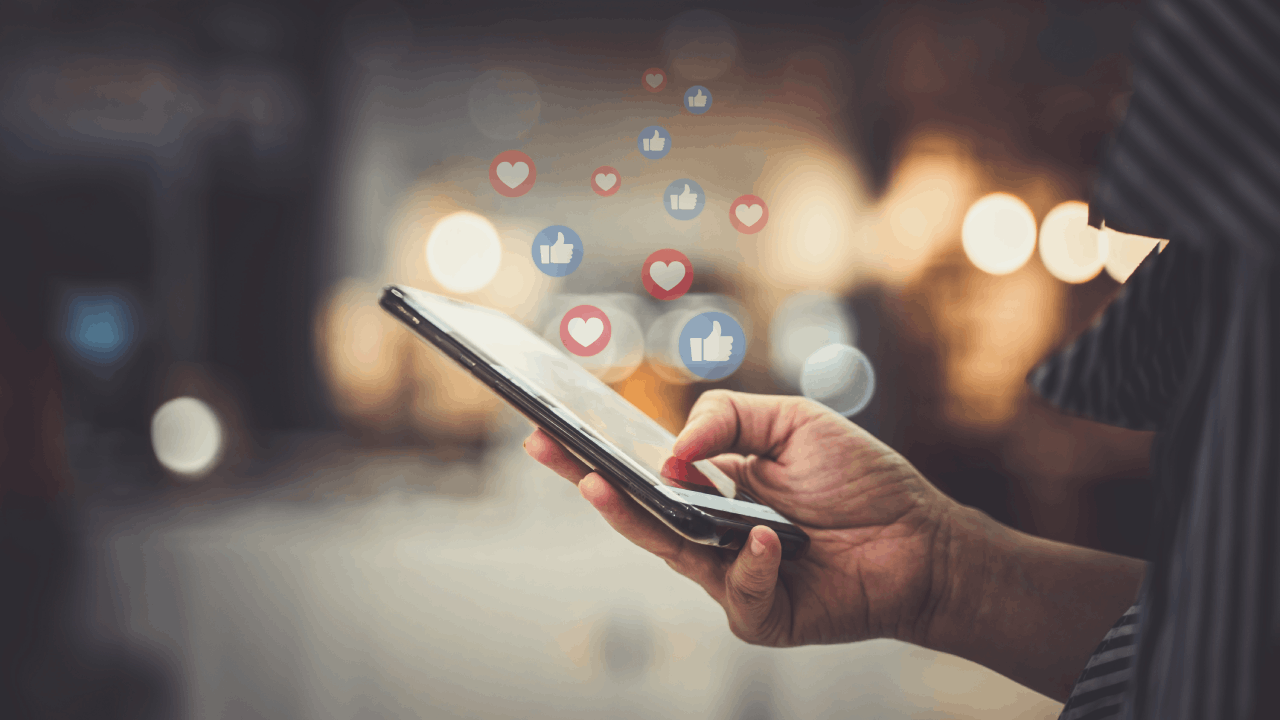How Does Social Media Affect Mental Health Negatively?
A huge part of social media involves interacting with content shared by others, prompting a process of constant comparison.
This can negatively affect mental health by generating feelings of inadequacy, envy, and low self-esteem. Seeing curated images of seemingly perfect lives can lead to unrealistic standards and expectations, as well as dissatisfaction with one’s own life.
Depending on the individual, being constantly exposed to these types of content could cause more severe issues such as body dysmorphia, eating disorders, or depression in the long-term. For younger users, the risks increase significantly.
Excessive social media use has also been linked to anxiety, depression, and loneliness, as it can replace face-to-face interactions and create a sense of social isolation. The concept of ‘FoMO’ (Fear of Missing Out) has also become popular, suggesting a need to be constantly connected in order not to miss out on social events - a particularly harmful trend, potentially exacerbating addiction.
Cyberbullying and online harassment are also significant social media stressors that can damage self-worth and lead to mental health struggles. Studies suggest that around seven in 10 young people experience cyberbullying.
The addictive nature of social media platforms has also been highlighted, with these being described as more addictive than cigarettes and alcohol. Around 52% of users aged 22-38 report feeling addicted to social media.
Activities such as receiving likes or follows can trigger the release dopamine, the neurotransmitter that works as a sort of ‘reward centre’. The issue is, users come to expect this boost, facilitating a negative effect if it’s not provided, which is often likely, due to the fluctuating nature of social media.
In turn, addiction to social media can disrupt sleep, reduce productivity, and increase stress, all of which can worsen mental health over time.


